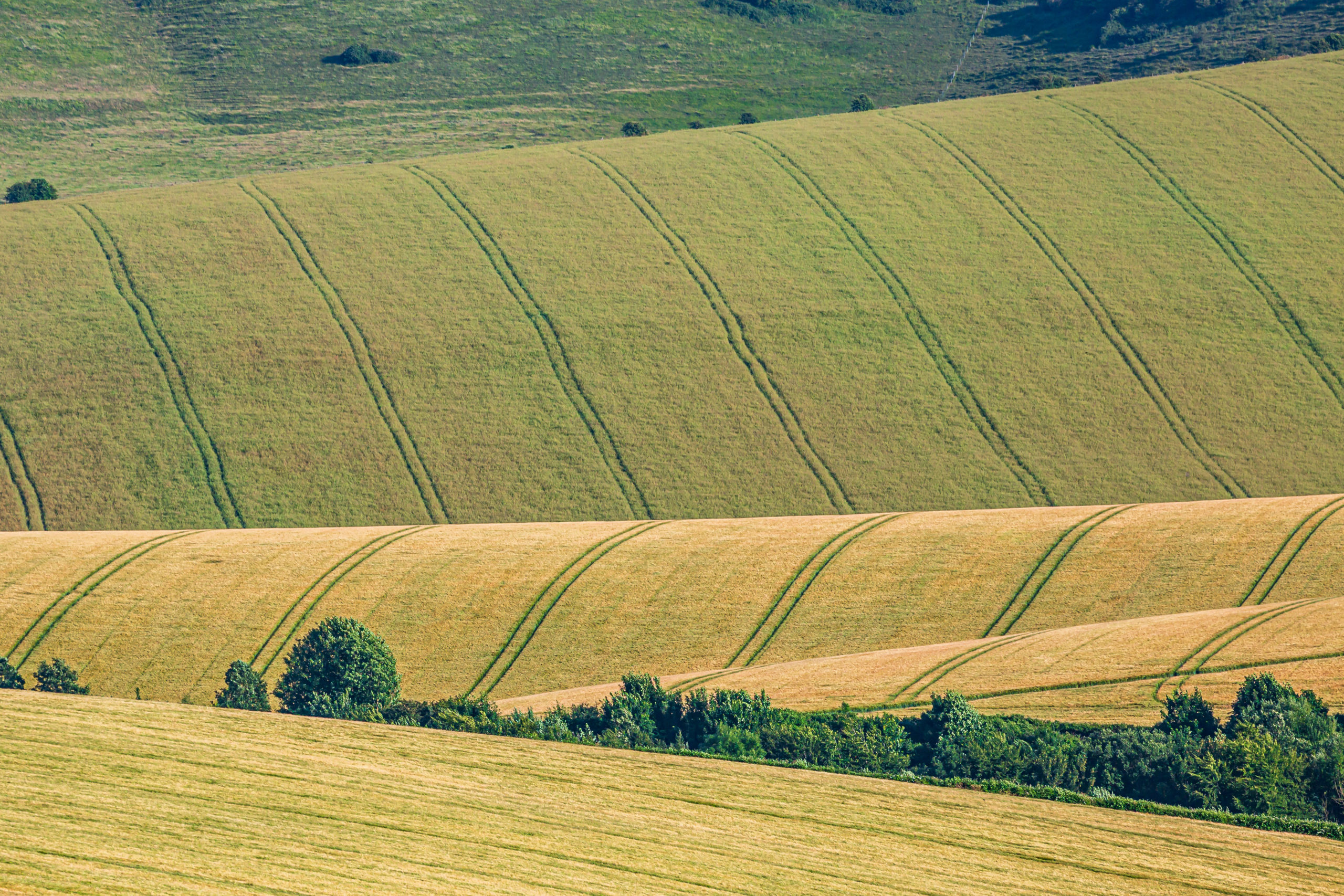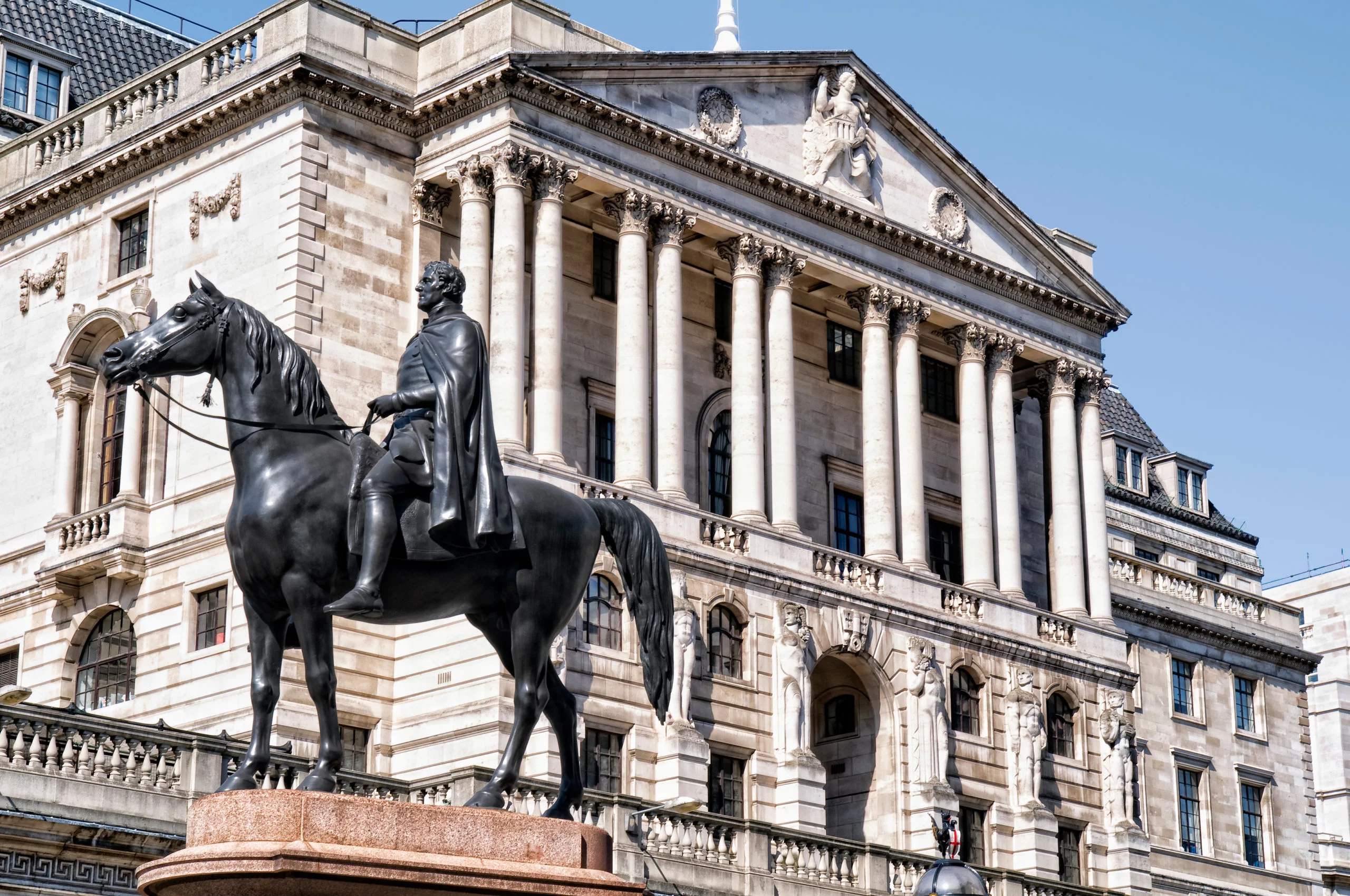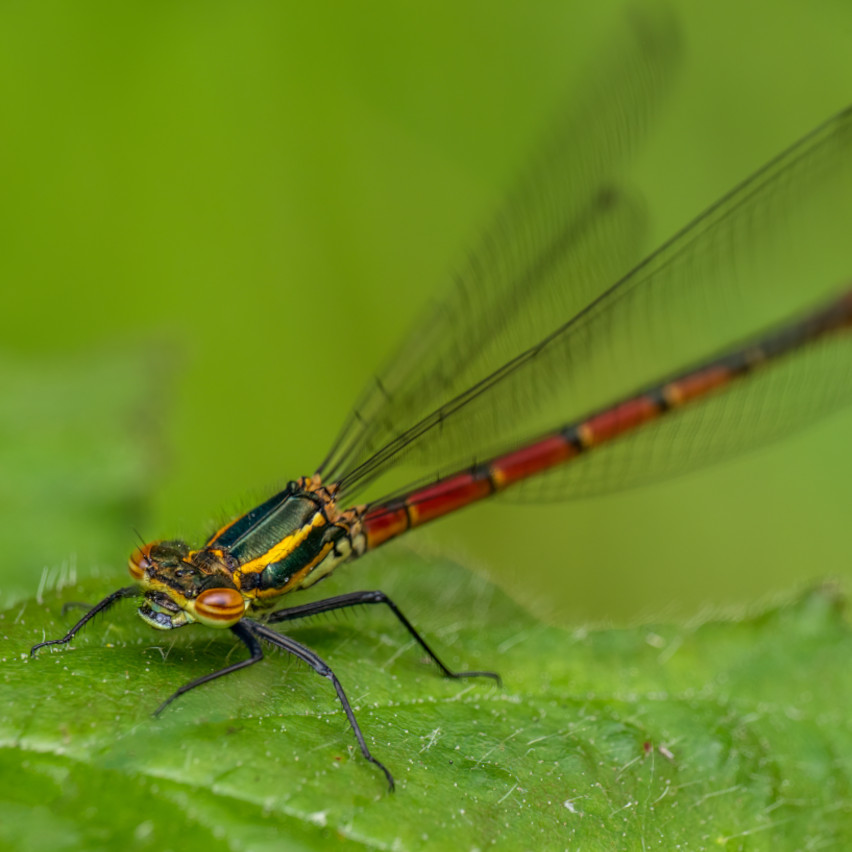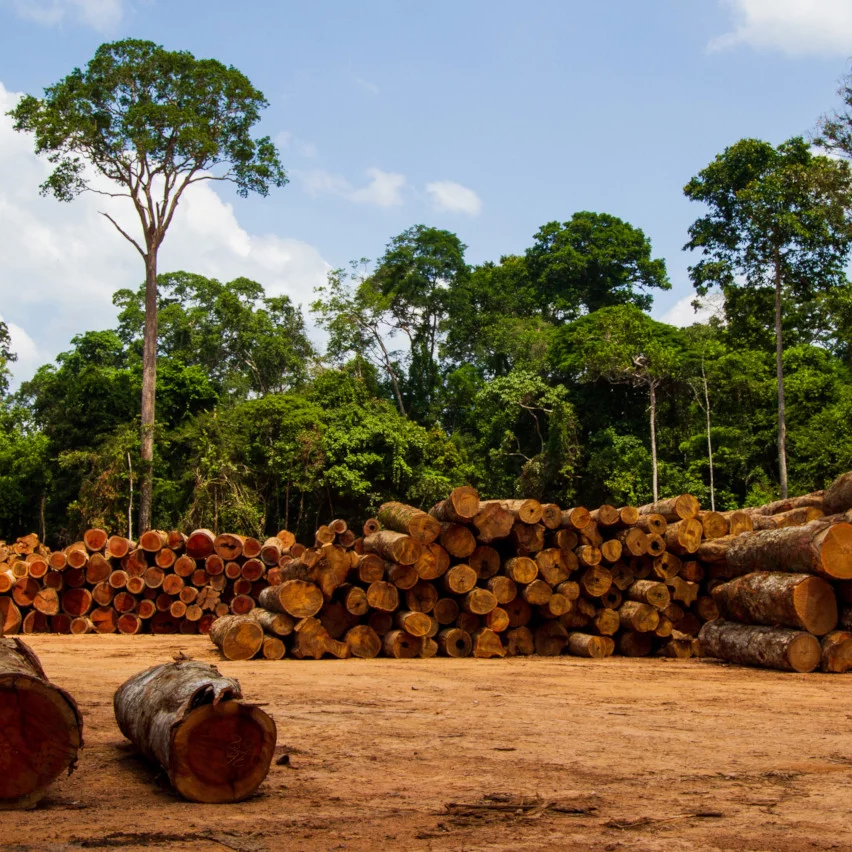Overview
Nature underpins our economy. The Dasgupta Review, which was commissioned by the UK Treasury and reported in 2021, set out the case for changing our economic system to reflect that the economy does not exist outside of nature, but within it. This new economic system would be based on a measure of inclusive wealth that includes assets such as nature on the balance books.
But how do we get there? What can government, business and finance do today, to shift our economic system closer to that ideal? Our work focuses on several areas: the need for pro-investment fiscal rules; natural capital markets; greening central banks; the need for a green taxonomy; rethinking GDP as a measure of wealth; changes to the Treasury’s Green Book to better reflect the value of nature; and nature diplomacy.
Implementing the Dasgupta Review

This report, produced as a culmination of our work in this area, provides actionable proposals to implement the recommendations of Sir Partha Dasgupta’s landmark review across three areas: the macroeconomy, microeconomy and political reform. Together, these will create a framework to factor nature properly into economic decision making
This report is quite simply terrific. Many, many thanks for producing it.
Embedding nature in economic decision making

Our economy is fundamentally dependent on nature, yet this reality is often overlooked in economic decision making. The Dasgupta Review, commissioned by the UK Treasury and published in 2021, makes a compelling case for transforming our economic system to acknowledge that it operates within nature, not apart from it. The review highlights the need for a broader measure of wealth, one that accounts for vital assets like nature as part of our economic balance sheets. But how can we achieve this shift? What steps must the government, businesses and the financial sector take to align the economic system with this vision?
In this briefing, we offer recommendations for the Bank of England to regain environmental leadership by supporting renewable energy projects, managing environmental risks and updating financial rules, while also urging the Treasury to enhance the Bank’s focus on climate and nature through expert appointments and updated priorities.
In this briefing, published February 2024, we propose a ‘green golden rule’ to exempt green spending from the normal operation of the rules, and a mandate to operate the rules in a way that increases net wealth.
In this podcast, Sophia Greacen, policy adviser at Green Alliance, narrates some highlights from our recent event The nature of our economy where we were joined by Michael Mainelli, Lord Mayor of the City of London and Professor Anusha Shah, President of the Institution of Civil Engineers (ICE). The speakers discuss what’s necessary to implement the findings of The Dasgupta Review, so that we better value nature and can begin to restore our natural assets and wealth, avoiding counterproductive losses.
It’s often said we’re a nation of nature lovers. So why is the UK’s environment in such bad shape? The stats are shocking. Nearly one in six Britain’s species are threatened with extinction, over two million hectares of UK soil is at risk of erosion and only seven per cent of native woodland is in good ecological condition. As far as nature is concerned, with friends like us, who needs enemies?
The Bank of England’s role in tackling climate change is under attack. With the economy struggling, and inflation only slowly coming down from a 41 year high, pressure is mounting on the Bank to reduce the resources it dedicates to issues outside the scope of its primary mandate of price stability.
Nature markets

Nature’s value is zero in our economic system. It’s invisible to economists, so there’s no incentive to preserve it. But we need nature and the services it provides for food, fuel and resources. It underpins our economy. Most economic activity is destroying natural capital at an unsustainable rate, affecting our capacity to thrive in future. To reverse this, investment in nature restoration is needed. But public money is unlikely to pay for the scale of restoration required. Private finance is needed to fill the gap and businesses have an incentive as it affects their future bottom line.
In this briefing, published November 2024, we outline ways the government can enhance the National Wealth Fund’s role in developing nature markets.
In this briefing, published November 2024, we set out options to drive more private finance into nature and call on the government to set out a roadmap for how it will develop nature markets and scale up private finance.
In this briefing, published February 2024, we focus on the supply side and suggest three government opportunities to create and shape markets for nature.
Nature is in trouble, nowhere more so than the UK, one of the most nature depleted countries in the world. The disappearance of formerly common species like the hedgehog or sparrow, the absence of birdsong and the pollution of once vibrant waterways are upsetting signs of what we are losing. But there are hard economic reasons why we should care about this.

